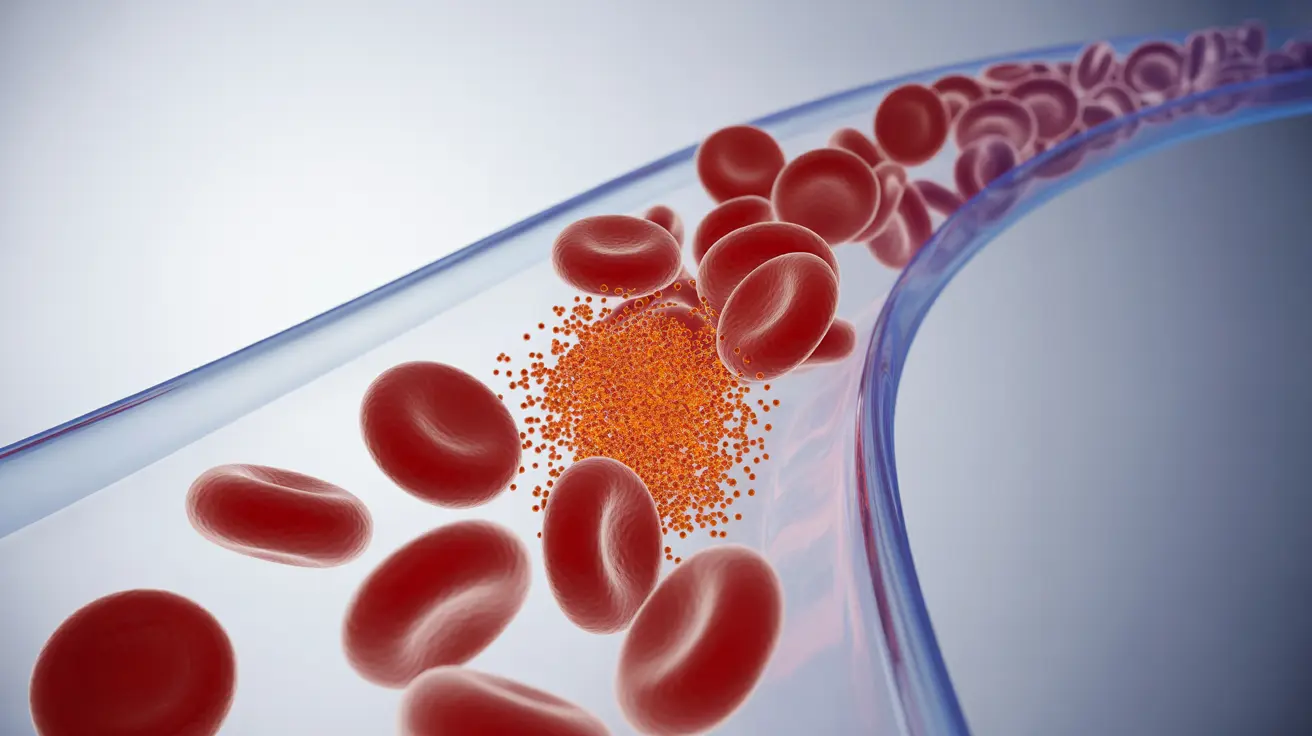High serum iron levels, also known as iron overload, can pose significant health risks if left unmanaged. Understanding this condition is crucial for early detection and proper treatment. This comprehensive guide explores the symptoms, causes, diagnostic tests, and treatment options available for individuals with elevated serum iron.
Understanding High Serum Iron
Serum iron refers to the amount of iron bound to proteins in your blood. When these levels become elevated, it can indicate various underlying health conditions or genetic factors that require medical attention. Maintaining proper iron balance is essential for overall health and preventing potential complications.
Common Symptoms of High Serum Iron
Recognizing the symptoms of high serum iron is crucial for early intervention. Common signs include:
- Joint pain and arthritis
- Chronic fatigue
- Skin discoloration (bronze or gray appearance)
- Abdominal pain
- Decreased sex drive
- Unexplained weight loss
More severe cases may present with:
- Liver problems
- Heart irregularities
- Diabetes symptoms
- Memory fog and confusion
Causes and Risk Factors
Several factors can contribute to elevated serum iron levels:
Genetic Factors
Hereditary hemochromatosis, a genetic condition affecting iron absorption, is a primary cause of high serum iron. Having a family history of this condition increases your risk significantly.
Medical Conditions
Various health conditions can affect iron levels, including:
- Liver disease
- Certain types of anemia
- Excessive iron supplementation
- Multiple blood transfusions
Lifestyle Factors
Dietary choices and lifestyle habits can impact iron levels:
- High consumption of iron-rich foods
- Vitamin C supplements (which enhance iron absorption)
- Alcohol consumption
- Use of iron cookware
Diagnostic Process
Proper diagnosis of high serum iron requires comprehensive testing:
- Serum iron test
- Total iron-binding capacity (TIBC)
- Ferritin level assessment
- Transferrin saturation test
- Genetic testing for hereditary hemochromatosis
Treatment Approaches
Treatment options vary based on the cause and severity of high serum iron:
Therapeutic Phlebotomy
Regular blood removal helps reduce iron levels and is often the primary treatment for hereditary hemochromatosis.
Dietary Modifications
Adjusting diet can help manage iron levels:
- Limiting iron-rich foods
- Reducing alcohol consumption
- Avoiding iron supplements
- Limiting vitamin C with meals
Medication Options
In some cases, iron chelation therapy may be prescribed to help remove excess iron from the body.
Prevention and Management
Taking proactive steps can help prevent complications:
- Regular monitoring of iron levels
- Following prescribed treatment plans
- Maintaining a balanced diet
- Regular exercise
- Avoiding excessive alcohol consumption
Frequently Asked Questions
- What are the symptoms of high serum iron, and when should I see a doctor?
If you experience symptoms like joint pain, chronic fatigue, skin discoloration, or abdominal pain, consult a healthcare provider. Seek immediate medical attention if you have a family history of hemochromatosis or develop severe symptoms like heart irregularities or liver problems.
- How is high serum iron treated, and what are the options if I have iron overload?
Treatment typically includes therapeutic phlebotomy (blood removal), dietary modifications, and sometimes iron chelation therapy. The specific treatment plan depends on the cause and severity of the iron overload.
- What causes high serum iron levels, and are there dietary or lifestyle factors involved?
High serum iron can be caused by genetic factors (like hereditary hemochromatosis), medical conditions, excessive iron supplementation, and dietary choices. Lifestyle factors such as alcohol consumption and using iron cookware can also contribute.
- What other tests are needed if my serum iron is high, and why are they important?
Additional tests include TIBC, ferritin levels, transferrin saturation, and genetic testing. These tests help determine the cause of high iron levels and guide appropriate treatment strategies.
- How can I prevent complications if I have a family history of high iron or hemochromatosis?
Regular monitoring of iron levels, early screening, following medical advice, maintaining a balanced diet, and avoiding excessive iron intake are crucial for preventing complications. Working closely with healthcare providers to develop a personalized prevention plan is essential.




